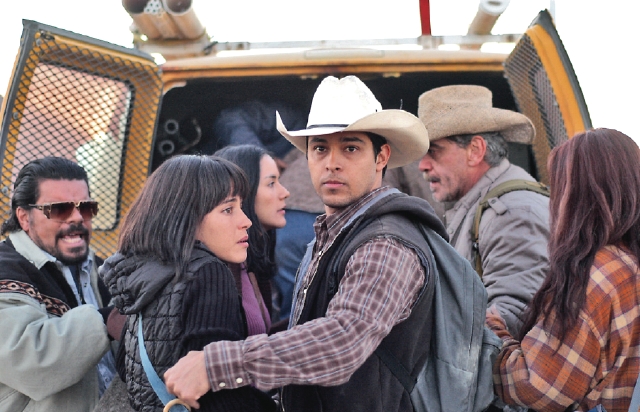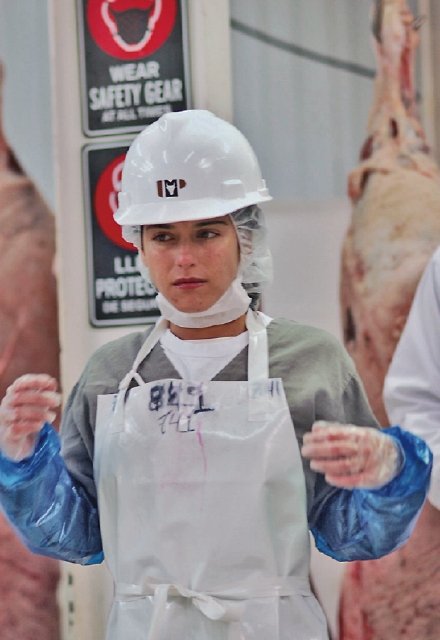Fast Food Nation
Industry Satire Not As Meaty As It Could Be


“Does this smock make me look fat?”
Latest Article|September 3, 2020|Free
::Making Grown Men Cry Since 1992


“Does this smock make me look fat?”